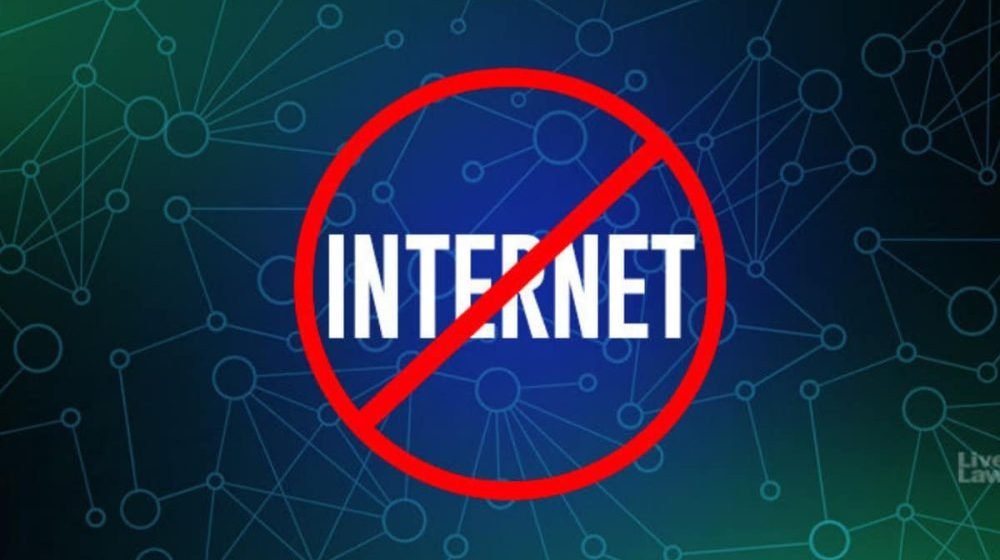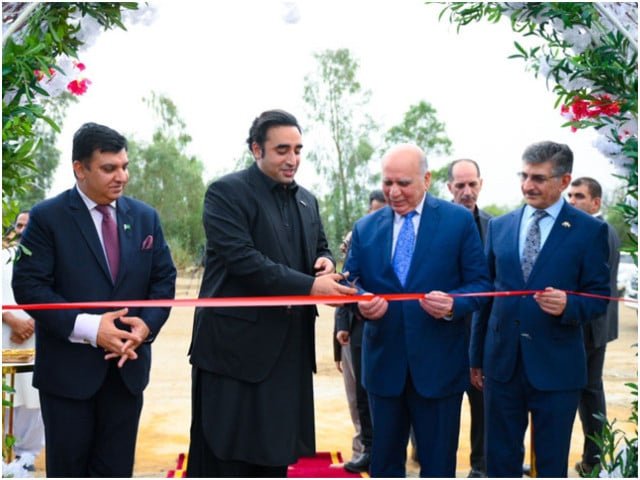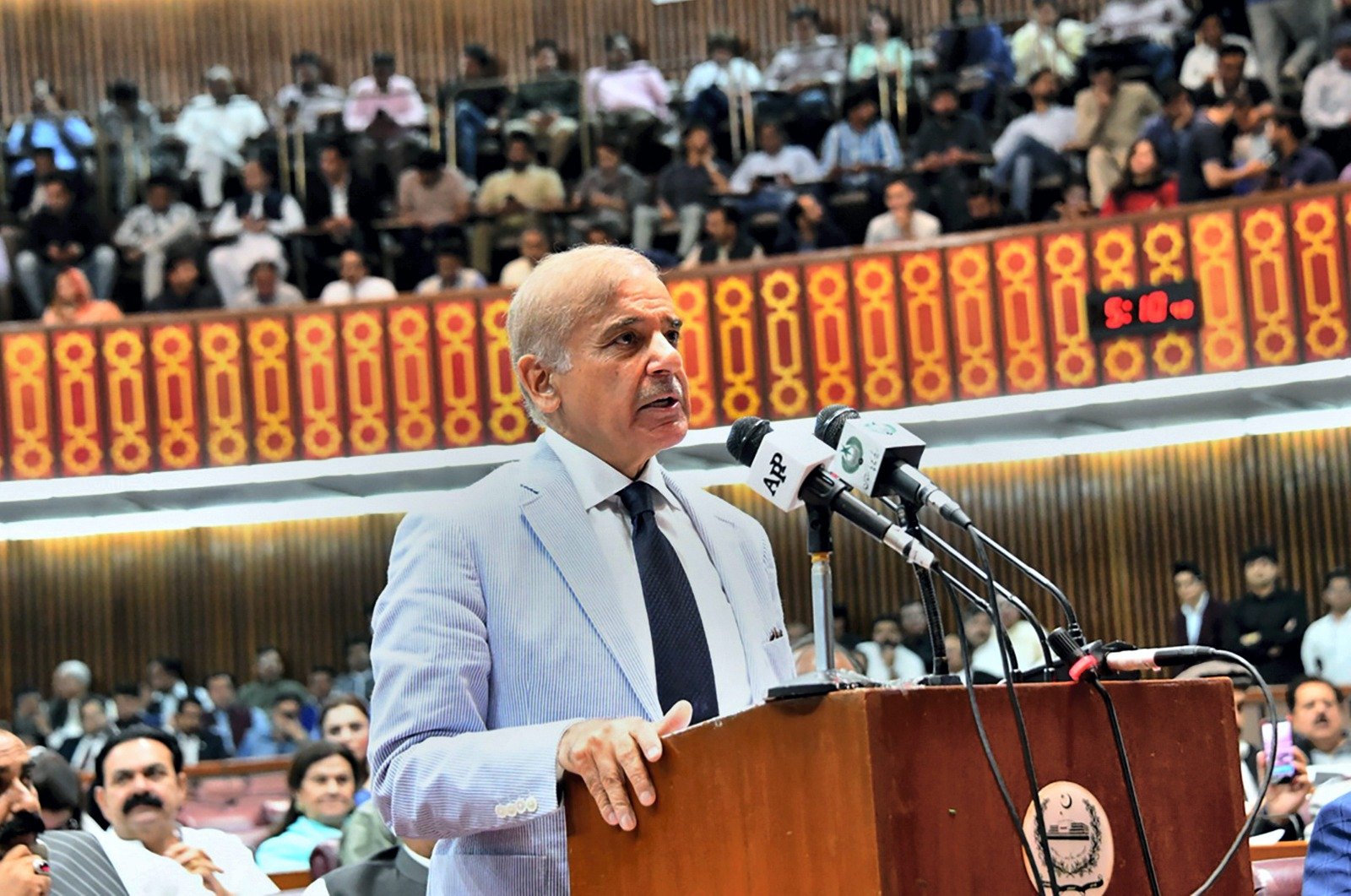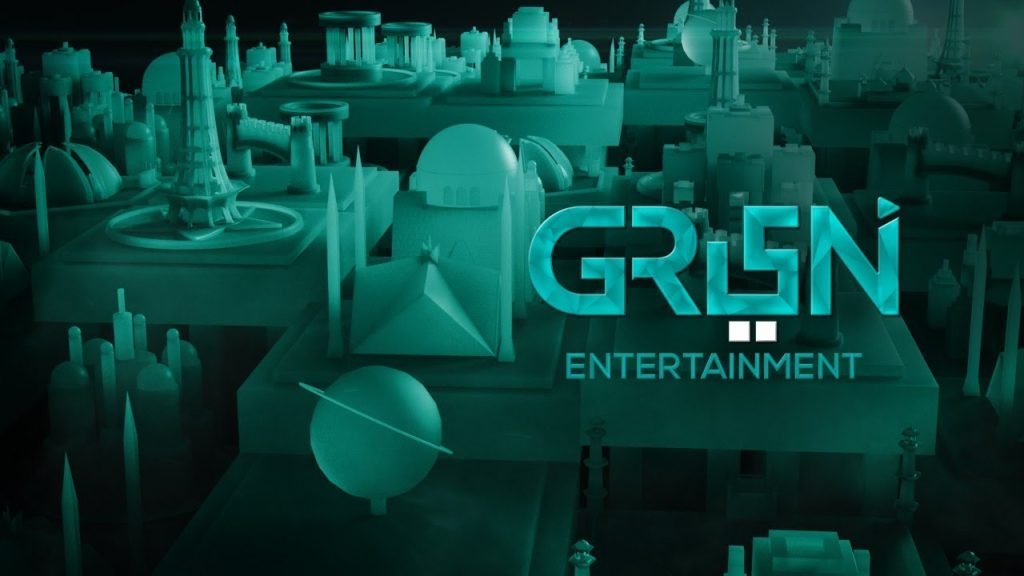Internet Woes in Pakistan: WISPAP Points to Surveillance as the Culprit

As internet users in Pakistan continue to face persistent access and speed issues, the Wireless and Internet Service Providers Association of Pakistan (WISPAP) has pointed fingers at increased security and surveillance measures, warning of potential severe economic repercussions.
WISPAP’s Concerns
WISPAP Chairman Shahzad Arshad expressed frustration over the deteriorating service quality, stating, “It’s a very discouraging situation for our customers. Many are leaving the smaller ISPs because they cannot sustain the poor service quality anymore. If this continues, we will see a mass exodus of businesses from Pakistan.”
Arshad’s remarks highlight the growing discontent among internet users as the government and the Pakistan Telecommunication Authority (PTA) remain silent on the ongoing disruptions. The internet slowdown is not just affecting daily communication but is also taking a toll on online businesses, e-commerce, and ride-hailing services.
The Alleged Firewall
Reports suggest that the internet disruptions may be due to the testing of a new internet firewall designed to control social media content. This firewall allegedly includes filters that block unwanted content, leading to frustrating delays in accessing messaging apps like WhatsApp.
Farieha Aziz, co-founder of digital rights organization Bolo Bhi, criticized the government’s ambiguity on the issue during a segment on Geo News. She suggested that the government’s denial and later admission of intentionally restricting platforms like X (formerly Twitter) indicate a deliberate effort to control the flow of information.
Economic Impact and Expert Warnings
Nighat Dad, a lawyer and digital rights activist, echoed Aziz’s concerns, pointing out that misinformation thrives in such ambiguous environments. She emphasized the economic consequences of these restrictions, stating that Pakistan’s gig economy, heavily reliant on internet and social media platforms, is at risk. “If you continue to do this in such a crippling economic situation, then ‘Digital Pakistan ka Allah hi hafiz’ (only God can save Digital Pakistan),” Dad remarked.
The experts highlighted that the government’s narrative around security concerns related to internet restrictions needs to be clarified. They called for an open dialogue on the issue to address the specific concerns and the forces involved.
What is an Internet Firewall?
The internet firewall in question is a filtering system designed to block unwanted content, inspect information, and potentially identify the origin of propaganda material. This system would likely impact social media platforms like Facebook, YouTube, and X, and could even restrict the use of Virtual Private Networks (VPNs) unless users register their VPNs with the PTA.
As the internet woes continue, the economic and social ramifications of these measures remain a pressing concern for Pakistan’s digital future.










